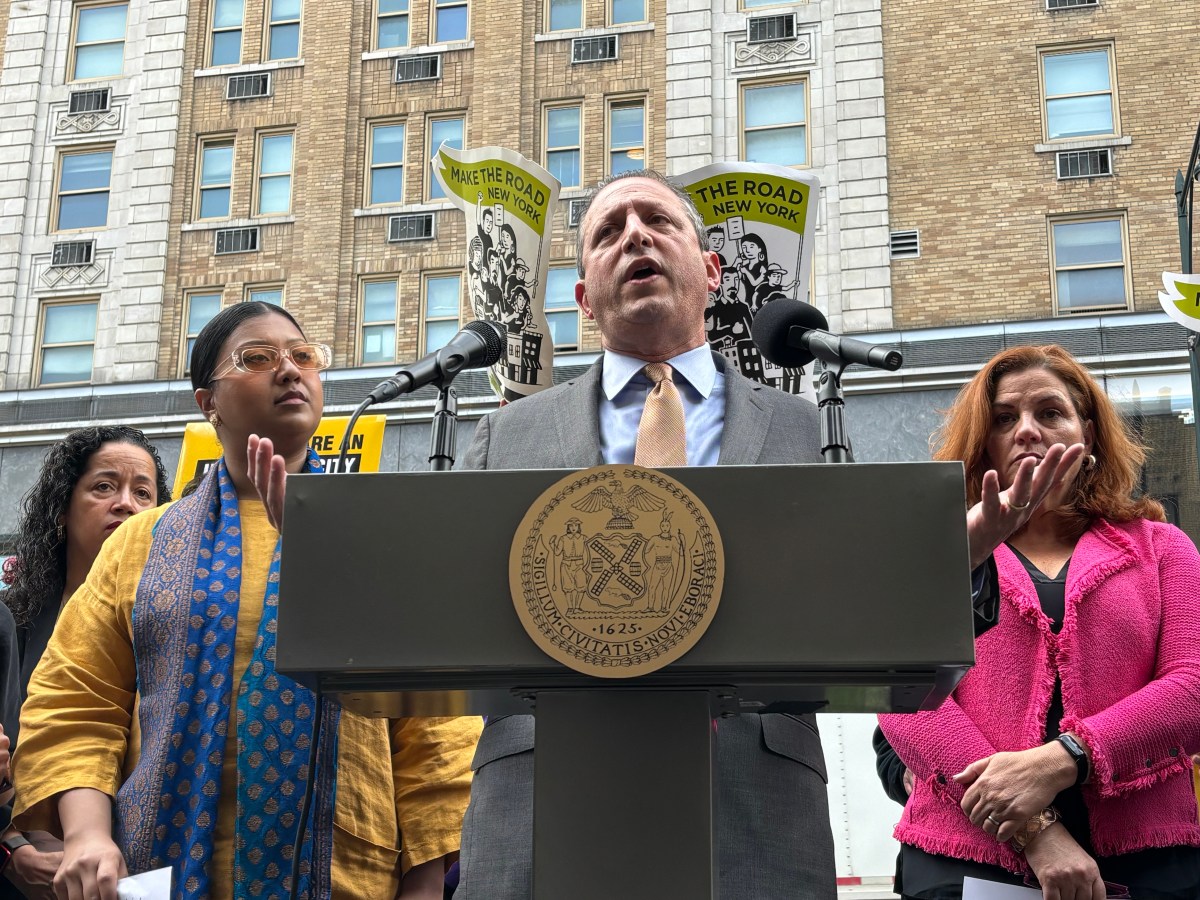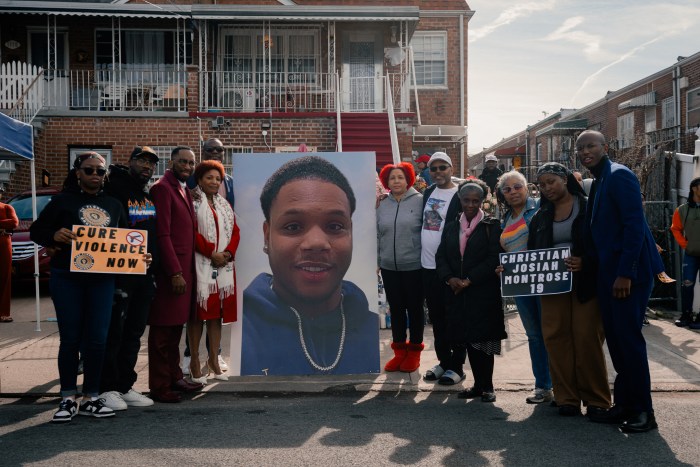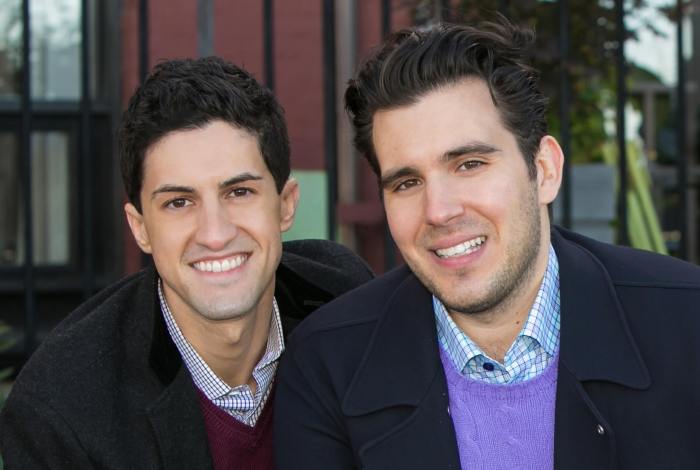Its coastal location may have drawn many residents to Canarsie.
However, being close to Jamaica Bay turns out to have its drawbacks, namely, a move by various insurance companies to stop covering homeowners in the area based on their proximity to a body of water that, in certain situations, could flood.
For the past few years – indeed, since Hurricane Katrina – Canarsiens have griped about being dropped by their insurance carriers and being forced to seek out new coverage, which is usually more costly than the old insurance.
One of those whose homeowner’s police was cancelled by Allstate a couple of years back was Neal Duncan, the president of the United Canarsie South Civic Association (UCSCA).
“It’s crazy,” he opined during the group’s January meeting, which was held at the Hebrew Educational Society, 9502 Seaview Avenue. “Here it is, a company whose job it was to accept risk, and take money for it, as soon as that risk became more eminent in their minds, they were able to get rid of it. That didn’t seem right to me.”
Beyond that, Duncan noted, the cancellations are, “Devastating to families. My rate practically doubled. It really wasn’t a benefit to me when they cut me to get new insurance.”
UCSCA member Charlie Zambrana agreed. “I have a feeling we are being taken, that they are offering prices that are going to take you for a ride, but we don’t have a choice,” he said.
“The new policies have substantially higher premiums and less coverage. That’s the bottom line,” remarked Lenny Fogel, UCSCA’s vice president.
Currently, insurance companies are allowed, under New York State law, to cancel or decline to renew up to four percent of homeowner policies each year for no reason without notifying the state’s Insurance Department.
This means, as Duncan noted, that, each year, more Canarsie residents get cancellation notices. In addition, he remarked, “The pool (of insurers) is significantly reduced. There are going to be predators out there.”
It was for this reason that Duncan decided to invite someone from the state Insurance Department to speak at the meeting.
As a result, Ivan Lafayette, the deputy superintendent of consumer affairs for the agency, addressed the issue for area residents who were in the audience.
It is what is known in the industry as the “100 year storm” that insurers are trying to insulate themselves against, Lafayette said.
“The companies are saying, we’re here to make money. We don’t blame them for that, but we don’t know what the costs of this kind of insurance is going to be for the next few years,” Lafayette went on.
The Insurance Department’s mission, with respect to the issue, is to make sure that customers get their due, he explained. In particular, Lafayette said, it’s important to make sure that you are getting what you are entitled to.
For one thing, he said, when a homeowner gets a policy from an insurance company, that company has actually committed itself to offering the policy to the policy-holder for a total of three years, the initial year and two renewals that, Lafayette said, “Under normal circumstances, they must give you. A lot of people don’t know that, but we have reinstated policies on that basis, when we’ve found out about it.”
In addition, Lafayette said, the Insurance Department had determined, based on a close reading of existing laws, “That we can insist that, before they cancel any policies, they have to offer a plan to the insurance department and we have to agree that that plan meets reasonable needs for communities all over the state, so they can’t come down and red-line certain areas.”
This means, he said, that a company can’t simply drop all the policies they are allowed to drop in a small geographic area.
If you are legitimately dropped by your insurance company, Lafayette said, there are options. Indeed, he noted, the state legislature enacted a bill in 2008 whereby, “Property that is located near the water can participate in a plan which provided companies that wanted to write policies near the water with a discount on certain aspects of their business. We participated in any loss they might have. As a result, we have had new companies coming in, willing to provide homeowner insurance.”
If you are looking for new homeowner insurance, Lafayette stressed, it’s important to make sure that the companies or brokers aren’t taking you for a ride. “Some agents might be a little bit greedy,” he noted. They might try to cajole you into taking both homeowners and auto insurance with the same company, even though they are not allowed to take that approach, Lafayette said, though, he noted, they will often give a discount under such circumstances.
In addition, he told the group, some agents might not “look at all the possibilities,” and recommend instead something that is more expensive, such as off-shore policies (from out-of-country companies such as Lloyds of London), which will cost two times as much as domestic policies or even more.
“You don’t want to get in that situation either,” Lafayette emphasized.
Nonetheless, he said, while the Insurance Department tries to make sure that companies “Don’t make an excessive profit,” costs are rising.
“I don’t like to tell people that their insurance is going up, but it’s going up,” Lafayette concluded.
















